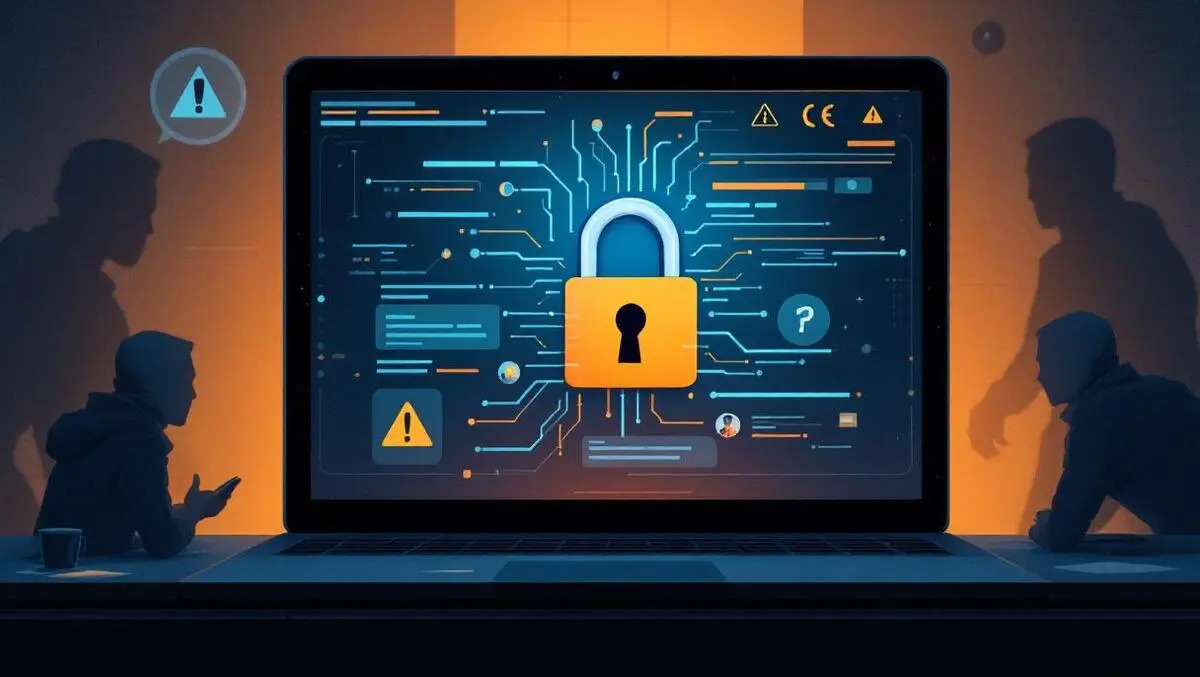Security experts have raised significant concerns about the privacy, safety, and data management of new AI-powered browsers, including OpenAI’s newly launched ChatGPT Atlas, following recent research disclosures and new classes of attack…

Security experts have raised significant concerns about the privacy, safety, and data management of new AI-powered browsers, including OpenAI’s newly launched ChatGPT Atlas, following recent research disclosures and new classes of attack…